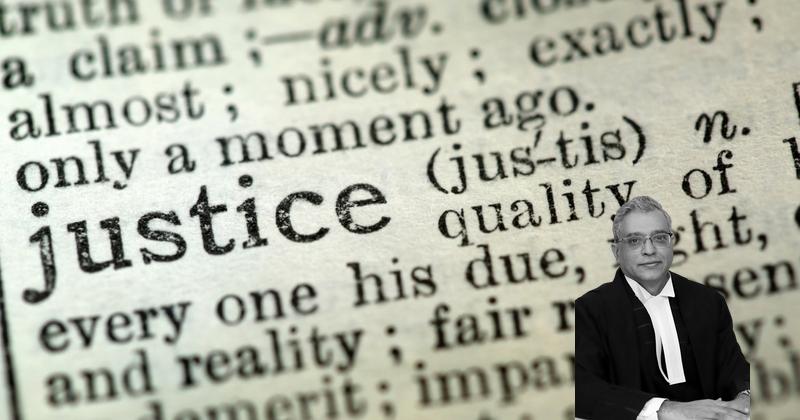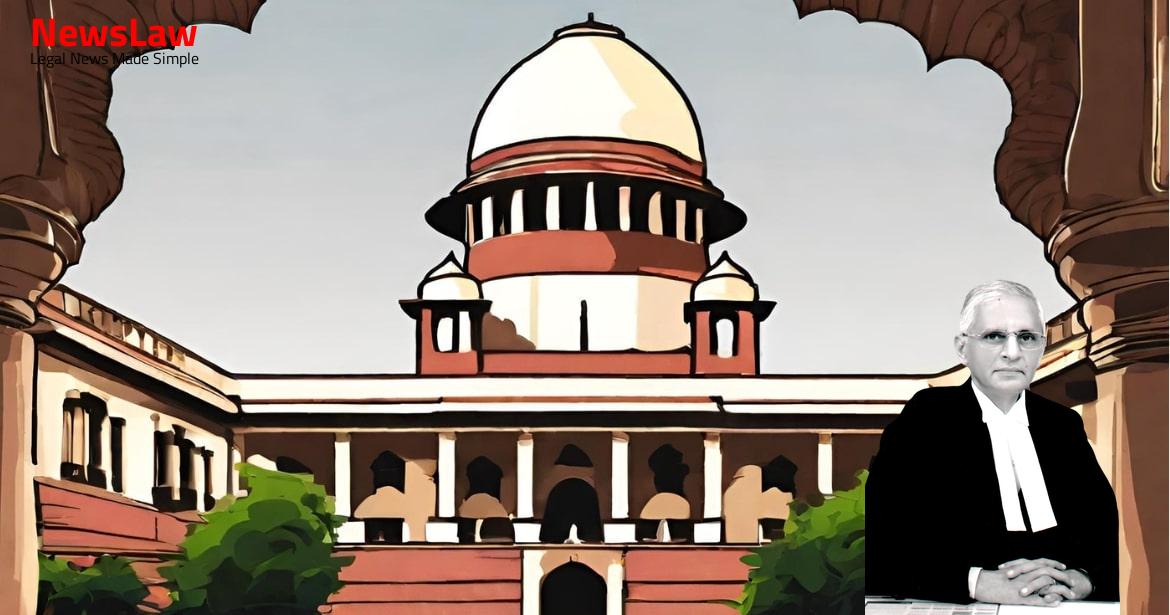Applicant furnished the performance bank guarantee on 24.08.2011 and proceeded to perform its contractual obligations and in fact, by 06.08.2012 delivered the entire supply under the contract.
Clause 18(c) Warranty: the supplier furnishes his warranty that the goods supplied under the contract on you, on use of the incorporate all recent improvement in design and material. Operational training of the users personal free of cost at the site of installation and repair of the equipment when necessary free of cost during the warranty period.”
The applicant issued a notice invoking arbitration on 20.07.2022, and nominated a retired Judge of the High Court of Delhi as the Sole Arbitrator. Replying to the notice invoking Arbitration, the respondent by a letter dated 03.10.2022, stated that the nomination was contrary to Clause 28 of the Conditions of Tender, as per which disputes are to be referred to arbitration by an officer in the Ministry of Law, appointed by the Secretary of Ministry of Home Affairs.
Nandan, AOR appearing for the applicant, submitted that appointment of the Sole Arbitrator as per the r espondent’s letter dated 03.10.2022 would be contrary to Section 12(5) of the Act.
She would, therefore, contend that the power to nominate an officer in the Ministry of Law is not in conflict with Section 12(5) of the Act. Analysis:
As the objection about appointment of the arbitrator as per Clause 28 of the Conditions of Tender is based on the statutory prohibition under Section 12(5) of the Act, we will reproduce relevant part of the section for ready reference: “ 12. The category of relationship relevant for our purposes as provided in the Seventh Schedule to the Act is as under: “ The Seventh Schedule: Arbitrator’s relationship with the parties or counsel ; The arbitrator is an employee, consultant, advisor or has any other past or present business relationship with a party.
Article 299 of the Constitution of India provides that all contracts made in exercise of the executive power of the Union shall be expressed to be made in the name of the President. Having considered the purpose and object of Article 299, we are of the clear opinion that a contract entered into in the name of the President of India, cannot and will not create an immunity against the application of any statutory prescription imposing conditions on parties to an agreement, when the Government chooses to enter into a contract. Re: Conflict of the Arbitration Clause with Section 12(5) read with paragraph 1 of the Seventh Schedule of the Act. In this very context, we can beneficially refer to the recommendation of the 246 Law Commission Report which reflected on the issue of contracts with State entities and observed that when the party appointing an arbitrator is the State, the duty to appoint an impartial and independent adjudicator is even more onerous.
Gangaram Chhapolia, 1984 (3) SCC 627; Secretary to Government Transport Department, Madras v. Munusamy Mudaliar, 1988 (Supp) SCC 651; International Authority of India v. Raja Transport (P) Ltd., 2009 8 SCC 520 carved out a minor exception in situations when the arbitrator “was the controlling or dealing authority in regard to the subject contract or if he is a direct subordinate (as contrasted from an officer of an inferior rank in some other department) to the officer whose decision is the subject matter of the dispute”, and this exception was used by the Supreme Court in Denel Propreitory Ltd. Since the principles of impartiality and independence cannot be discarded at any stage of the proceedings, specifically at the stage of constitution of the arbitral tribunal, it would be incongruous to say that party autonomy can be exercised in complete disregard of these principles – even if the same has been agreed prior to the disputes having arisen between the parties. In fact, when the party appointing an adjudicator is the State, the duty to appoint an impartial and independent adjudicator is that much more onerous – and the right to natural justice cannot be said to have been waived only on the basis of a “prior” agreement between the parties at the time of the contract and before arising of the disputes.
Para 50 of the decision shows that this Court was concerned with the issue, “whethe r the Managing Director, after becoming ineligible by operation of law, is he still eligible to nominate an arbitrator” The ineligibility referred to therein, was as a result of operation of law, in that a person having an interest in the dispute or in the outcome or decision thereof, must not only be ineligible to act as an arbitrator but must also not be eligible to appoint anyone else as an arbitrator and that such person cannot and should not have any role in charting out any course to the dispute resolution by having the power to appoint an arbitrator. But, in a case where only one party has a right to appoint a sole arbitrator, its choice will always have an element of exclusivity in determining or charting the course for dispute resolution. As the grounds of challenge to the appointment of an arbitrator under Section 12(5) of the Act operate notwithstanding any prior agreement to the contrary, we cannot give effect to the appointment of an officer of the Ministry of Law and Justice as an arbitrator. The appointment procedure contemplated was such that the General Manager of the Appellant was required to nominate the panel of four retired railway officers, out of which the respondent-Contractor had to select two names.
Such an authorisation is clearly distinct from the arbitration clause in Voestalpine Schienen GmbH (supra) and Central Organisation of Railway Electrifications (supra), and is in conflict with Section 12(5) of the Act.
Also Read: https://newslaw.in/?p=652
As we have noticed that the decision in Central Organisation of Railway Electrifications (supra) is not applicable in the present case, its reference to the larger Bench will have no bearing on the outcome of the present case. [Dr Dhananjaya Y Chandrachud]
Case Title: M/S GLOCK ASIA-PACIFIC LIMITED Vs. UNION OF INDIA (2023 INSC 568)
Case Number: ARBIT.CASE(C) No.-000051 / 2022



